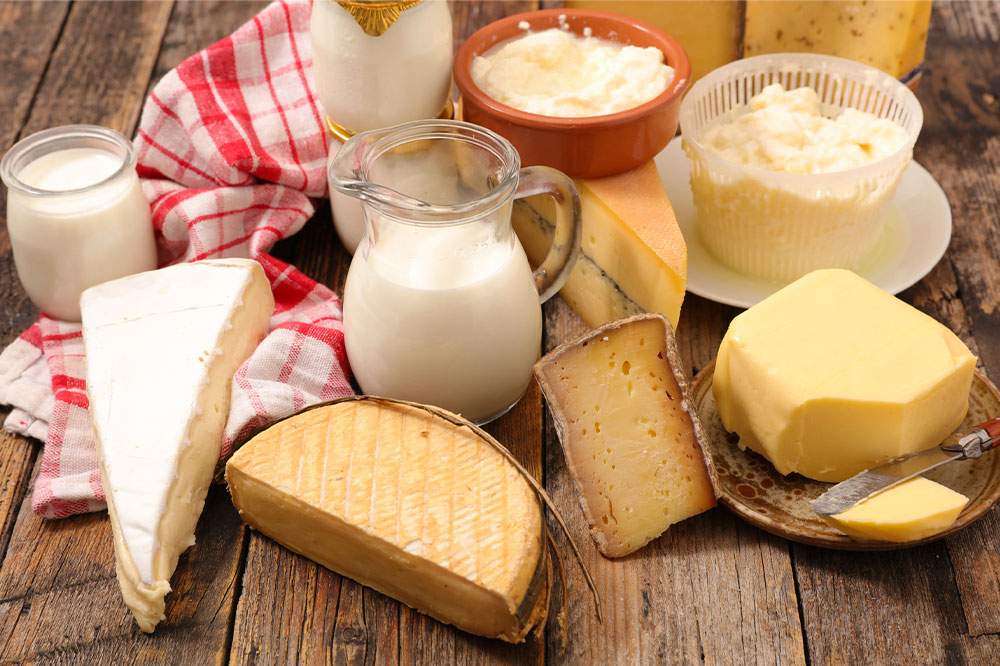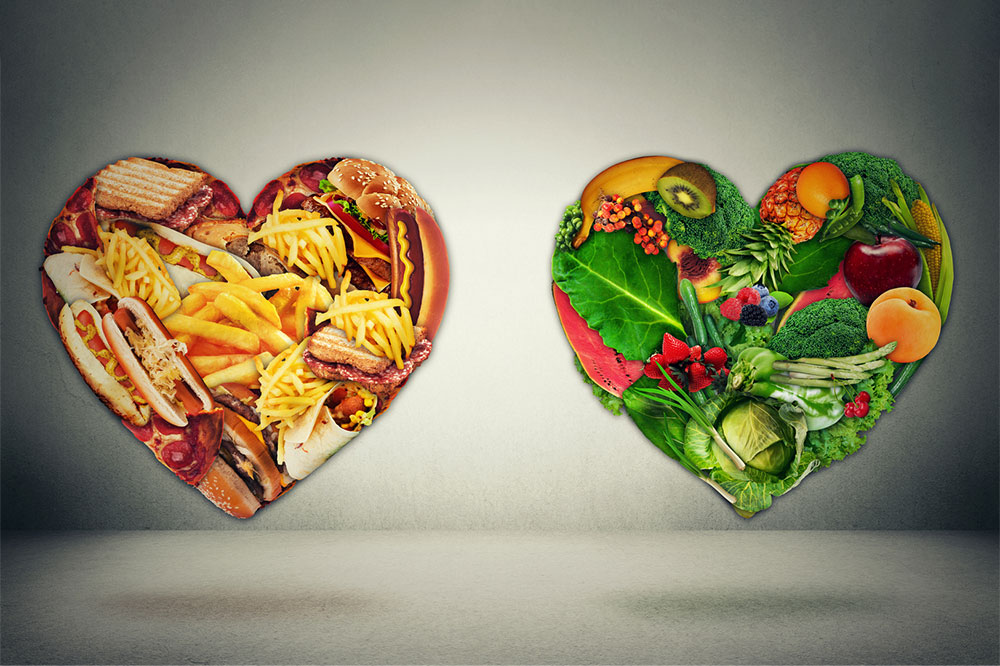6 food elimination meal regimes to curb allergy risk

Food allergies are common among several individuals in the country. For example, an individual with an allergy may also be susceptible to other health conditions, including eosinophilic esophagitis (EoE) – an inflammation of the esophagus. The complication is caused by a specific white blood cell (eosinophil). A standard method to prevent the condition is by reducing foods that may cause allergy-linked EoE. Therefore, here are six elimination meals plans to help one identify and avoid allergy-causing foods.
Basic elimination
In a basic elimination meal plan, healthcare experts ask the individual to refrain from consuming shellfish, milk, wheat, nuts, citrus fruits, eggs, and added sugars. One may also avoid other options, including soy and soy products, beef, gluten, and processed meats. By excluding these foods, one can determine the ones causing allergic complications like IBS, skin conditions, and migraines. Eating these foods may also help determine the ones that trigger EoE.
GAPS regime
Gut and Psychology Syndrome (GAPS) focuses on curing the allergic reactions that affect the gut lining. It is also indicated for individuals with IBS, Crohn’s disease, chronic diarrhea, gastritis, or ulcerative colitis. The process involves six stages where patients must gradually introduce foods to their daily meal regime. Based on the healthcare expert’s inputs, a few foods to cut from meals include meat, poultry, fish stocks, egg yolks, stews made with meats and vegetables, and certain fruits.
Gluten-free meal plan
An individual who follows a gluten-free meal plan may have to stop eating foods rich in protein, known as gluten. A few foods that usually contain this protein include barley and rye, wheat, seitan, oats, and triticale (a mix of wheat and rye). Moreover, gluten is found in food additives, certain sauces, and salad dressings. So reading the ingredients printed on the food labels is essential to maintaining gluten-free meals.
Specific carbohydrate meal plan
In a specific carbohydrate meal plan, the individual is expected to exclude most carbohydrates from their daily intake. Therefore, one must avoid foods like baked goods, whole and refined grains, pasta, fruits, yogurt, milk, legumes, beans, sugar-sweetened beverages, bread, and starchy vegetables like peas and corn.
Low FODMAP meal plan
Healthcare experts recommend a low FODMAP meal regime to help alleviate symptoms linked with irritable bowel syndrome. The individual must avoid foods with nutrients included in the FODMAP acronym – Fermentable oligosaccharides, Disaccharides, Monosaccharides, and Polyols. So one will have to slice out foods such as sour cream, chocolate, yogurt, and milk from cows, sheep, or goats from their meals.
Nightshade elimination meal plan
In a nightshade (Solanaceae) elimination plan, one must avoid foods that fall under the nightshade family. A few foods that might need to be excluded are eggplant, tomatoes and tomatillos, white potatoes, bell peppers, goji berries, chili pepper, and paprika. However, one should consult a healthcare professional before changing their meal regime.






